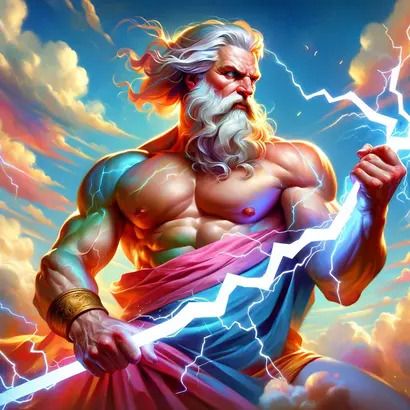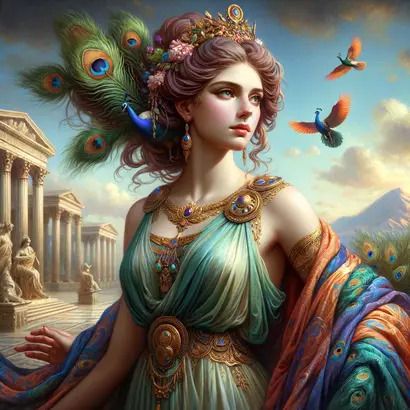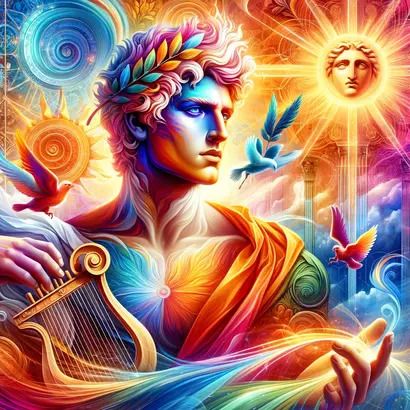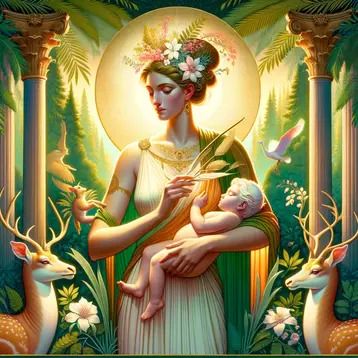
Python
Python was the earth-dragon of Delphi in Greek mythology, and presided at the oracle of the area. At that time, the oracle honoured the Titan goddess Gaea.
According to a source, when Zeus slept with the goddess Leto, impregnating her with the twin gods Artemis and Apollo. However, Hera was so angry at her husband's infidelity that she told Python to hunt Leto, so that she doesn't give birth anywhere that the sun shone. Leto was eventually accepted at the newly formed island of Delos, where she bore her twins. When Apollo grew up, he wanted to take revenge and thus pursued the dragon. Python, chased by Apollo, left Mount Parnassus where he lived and went to the Oracle of Gaea at Delphi. There, Apollo killed the dragon; however, Zeus told him he needed to redeem himself as he had committed such a sacrilegious act. So, Apollo became the founder of the Pythian Games, in order to purify himself.
Python Q&A
Link/Cite Python Page
Written by: The Editors of GreekMythology.com. GreekMythology.com editors write, review and revise subject areas in which they have extensive knowledge based on their working experience or advanced studies.
For MLA style citation use: GreekMythology.com, The Editors of Website. "Python". GreekMythology.com Website, 11 Jul. 2015, https://www.greekmythology.com/Myths/Creatures/Python/python.html. Accessed 26 April 2024.






